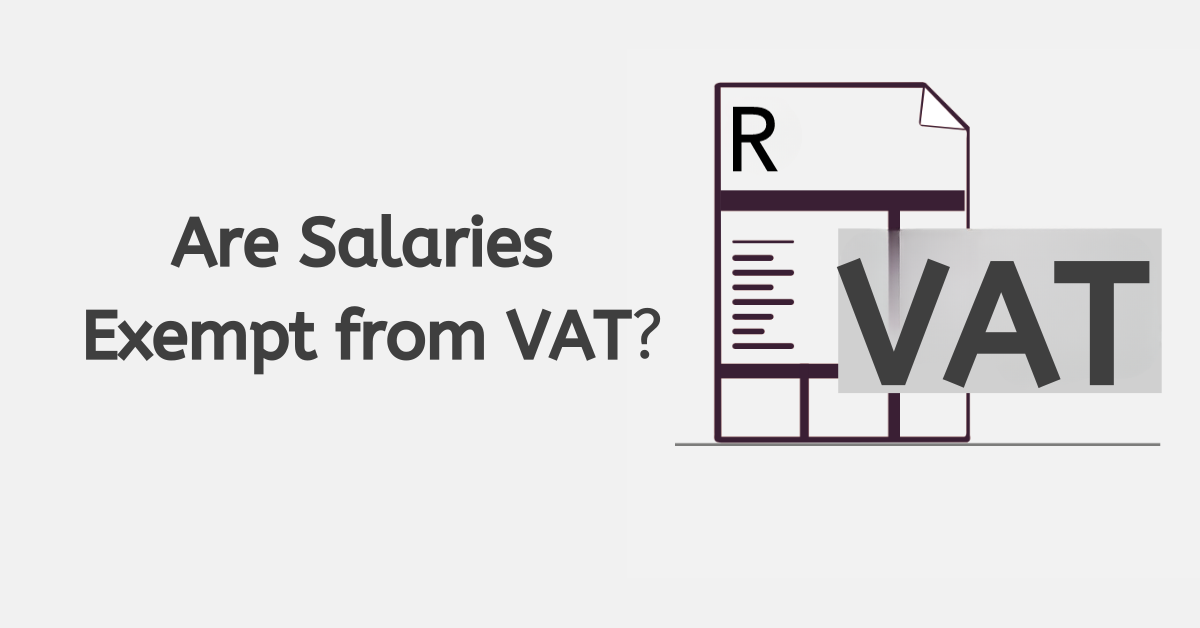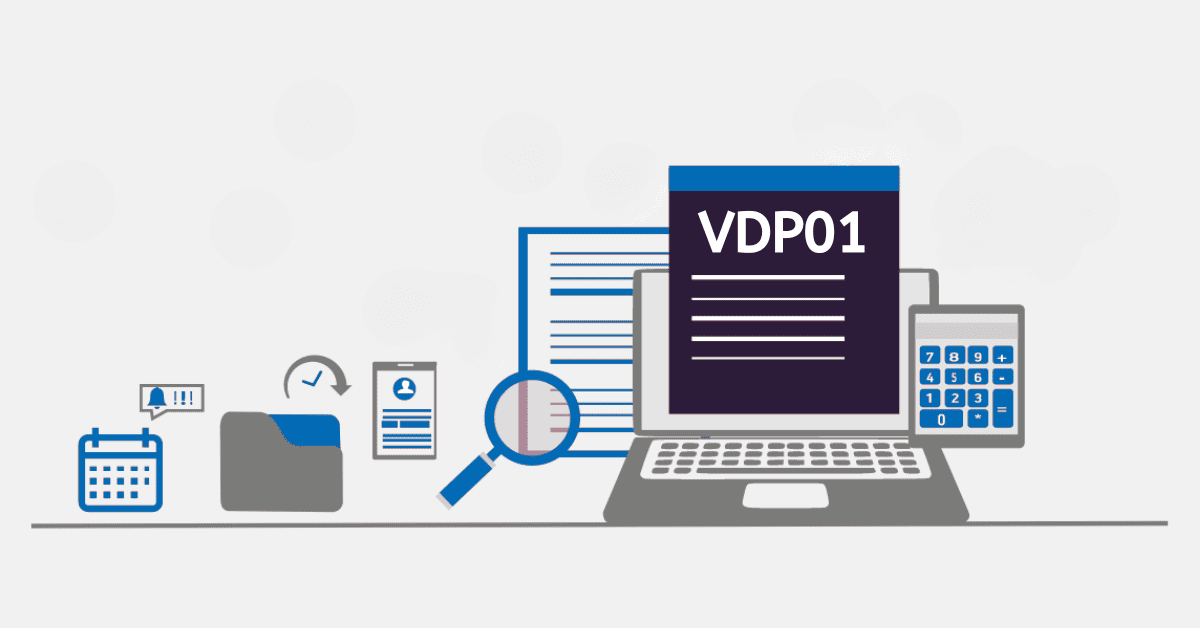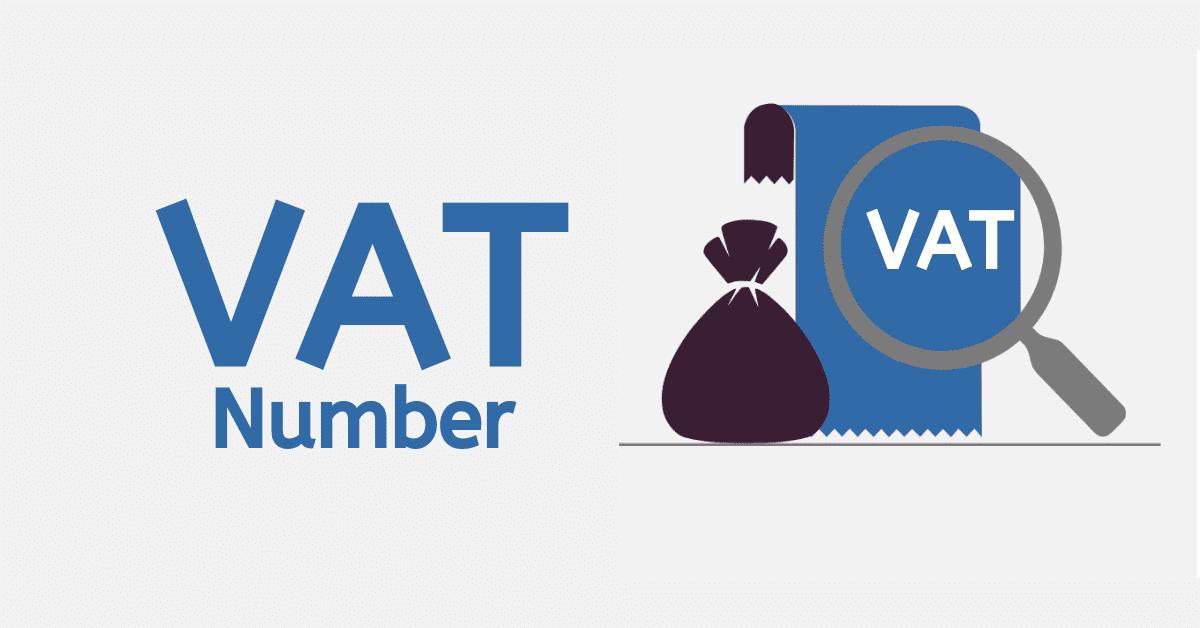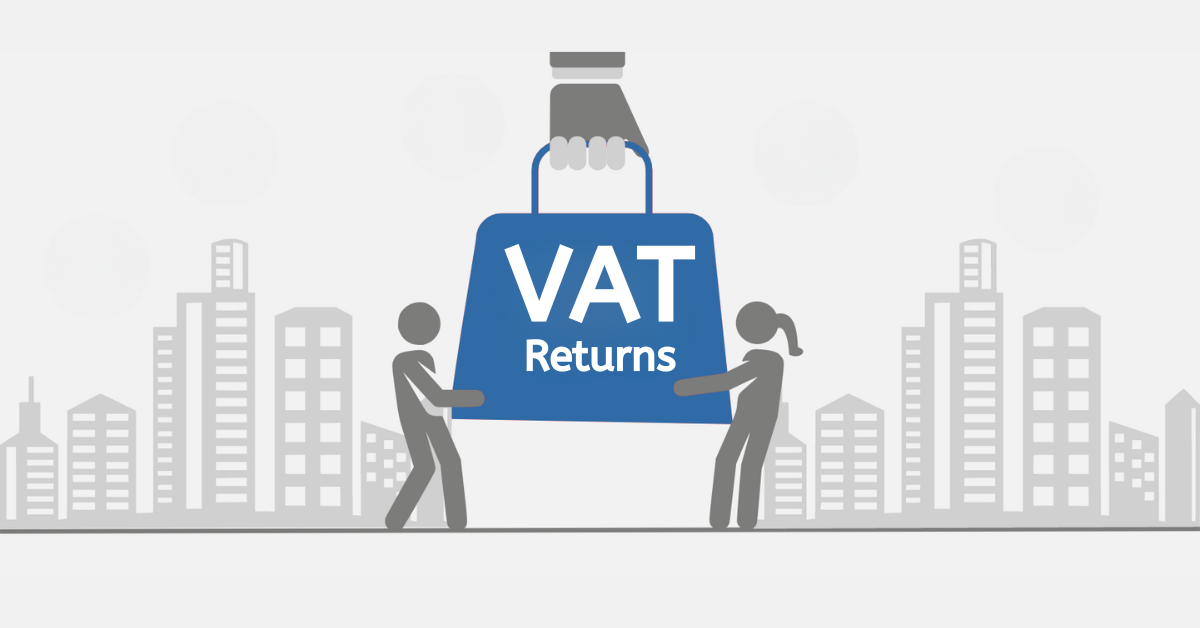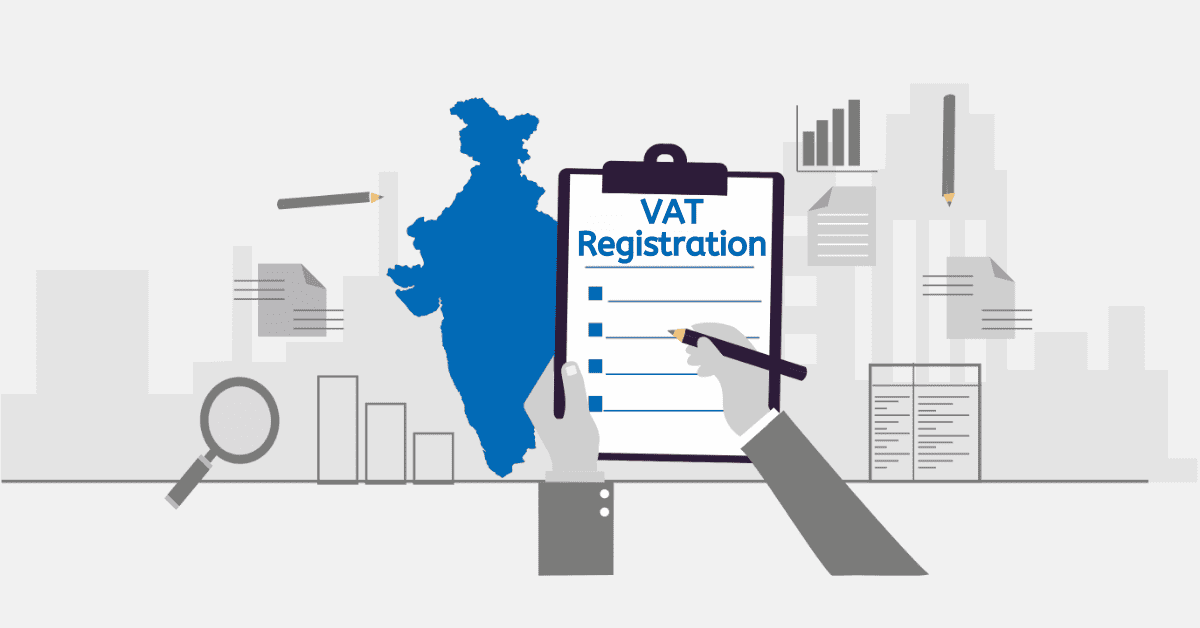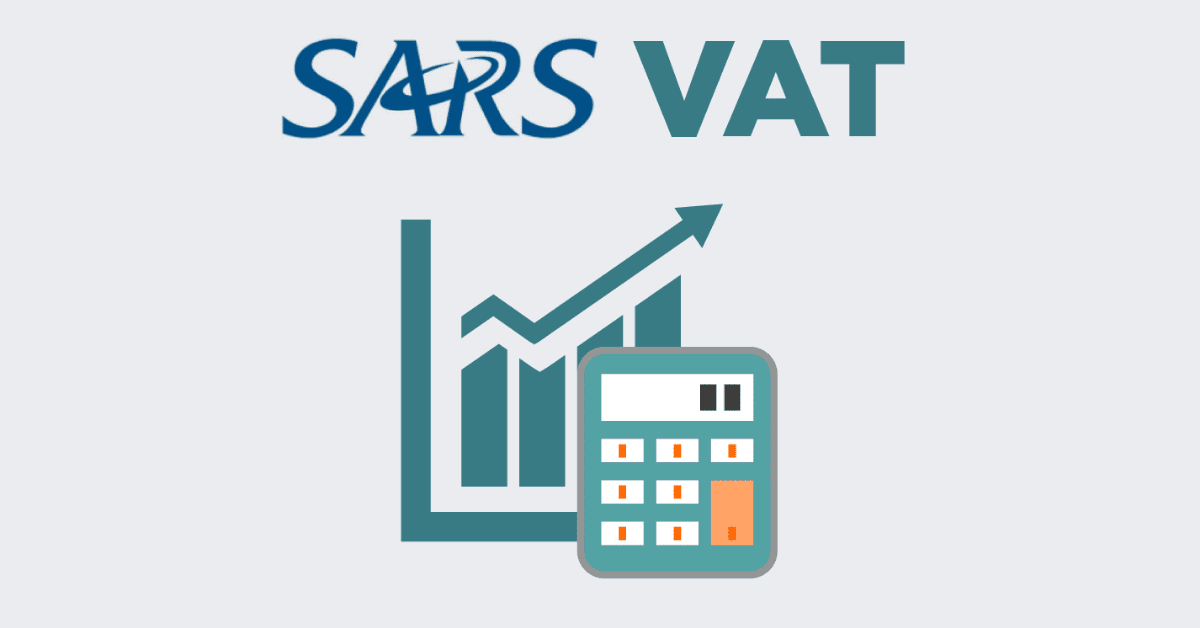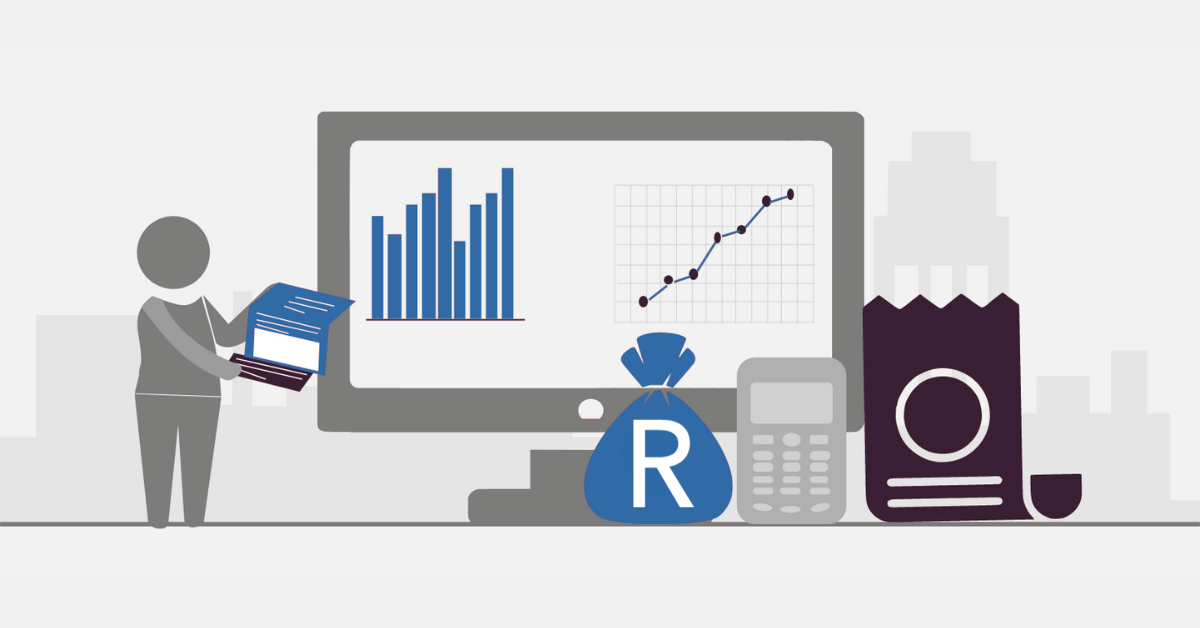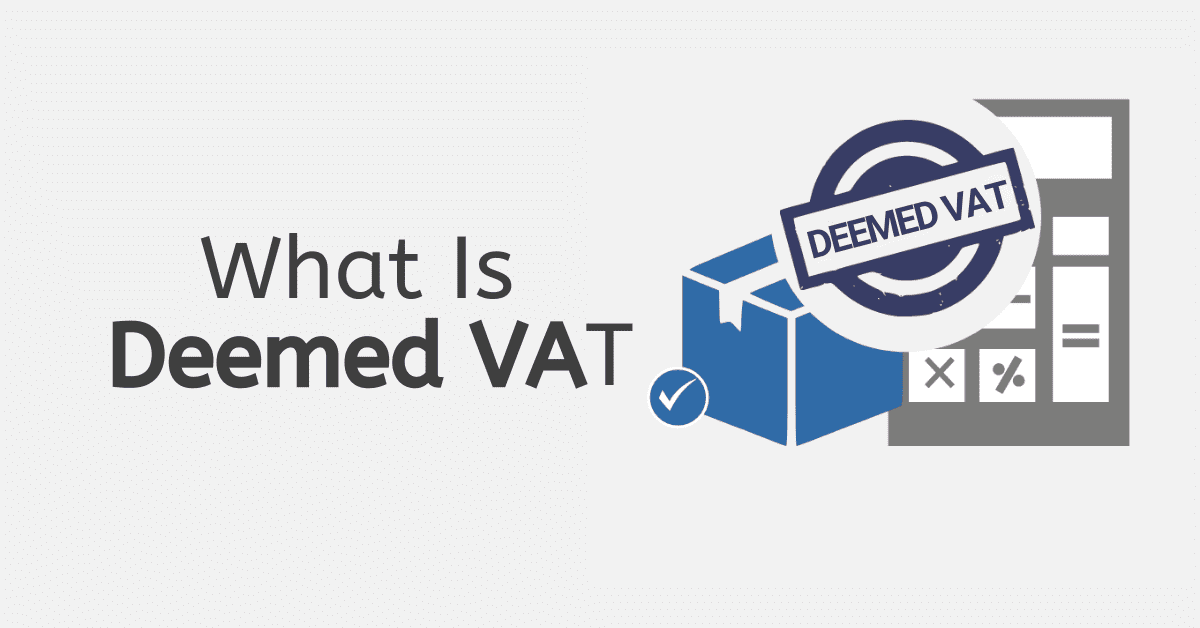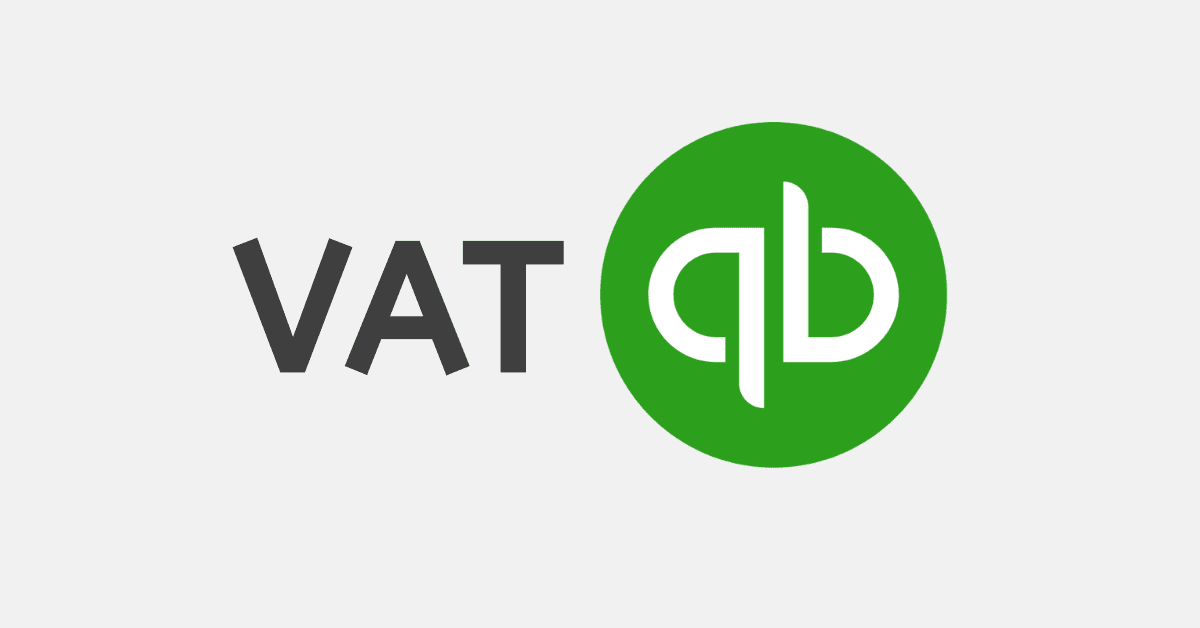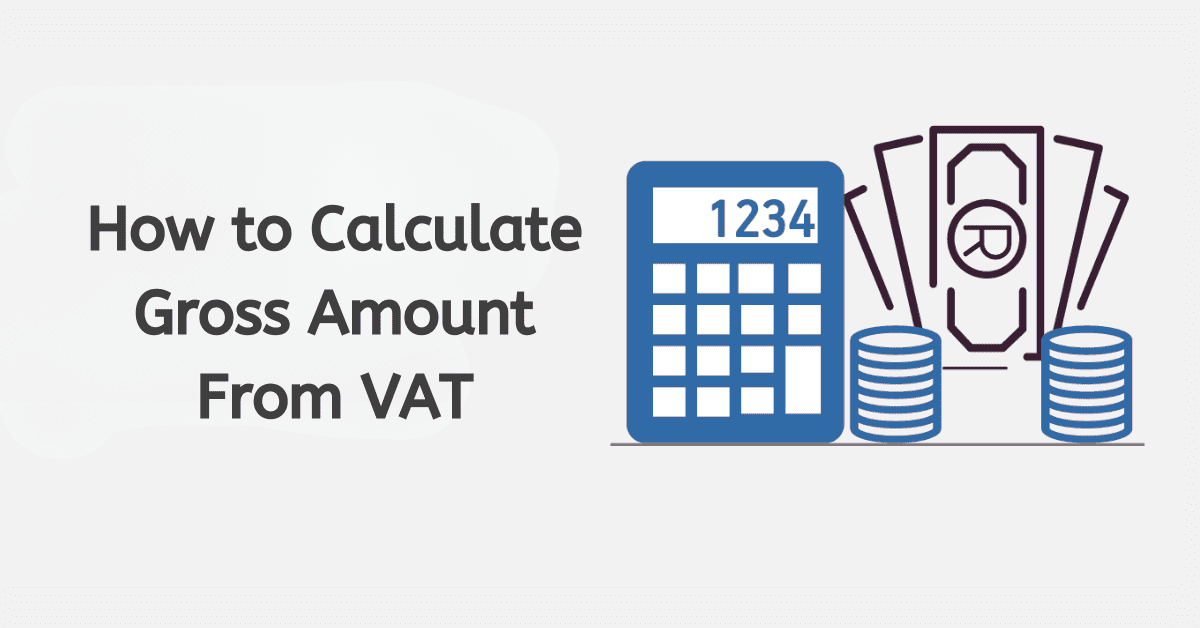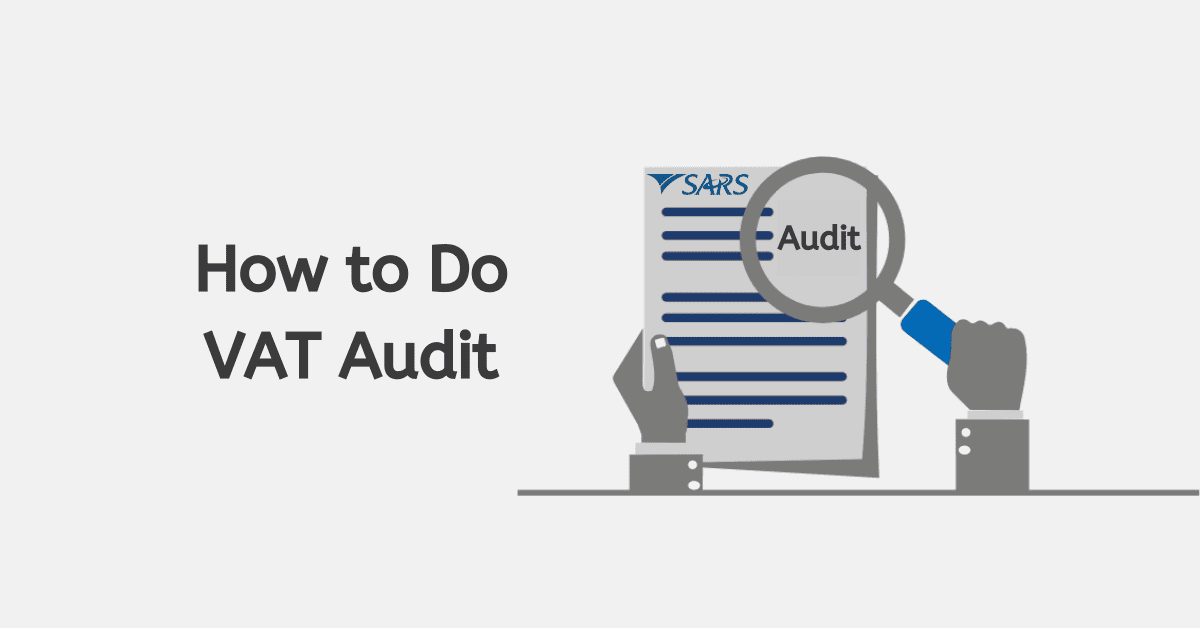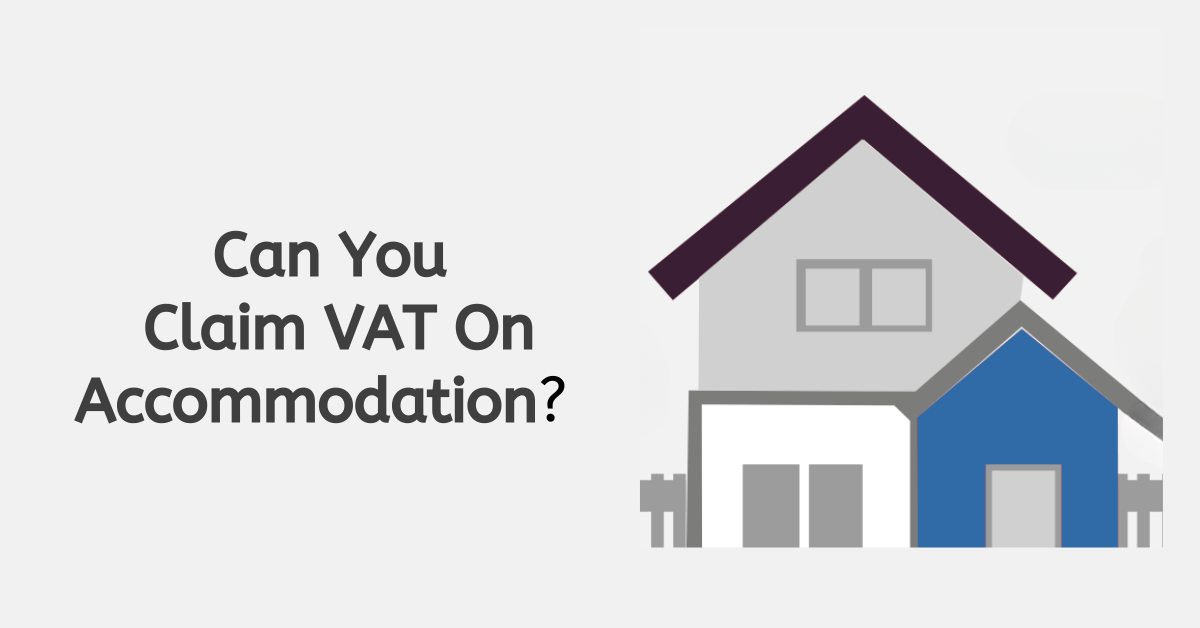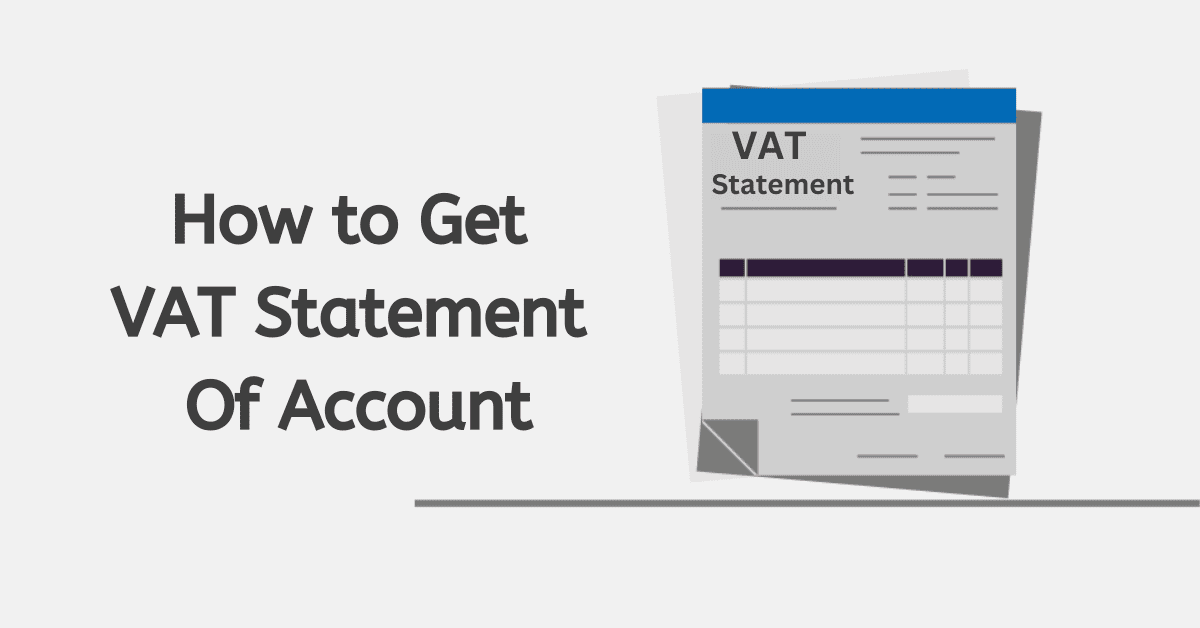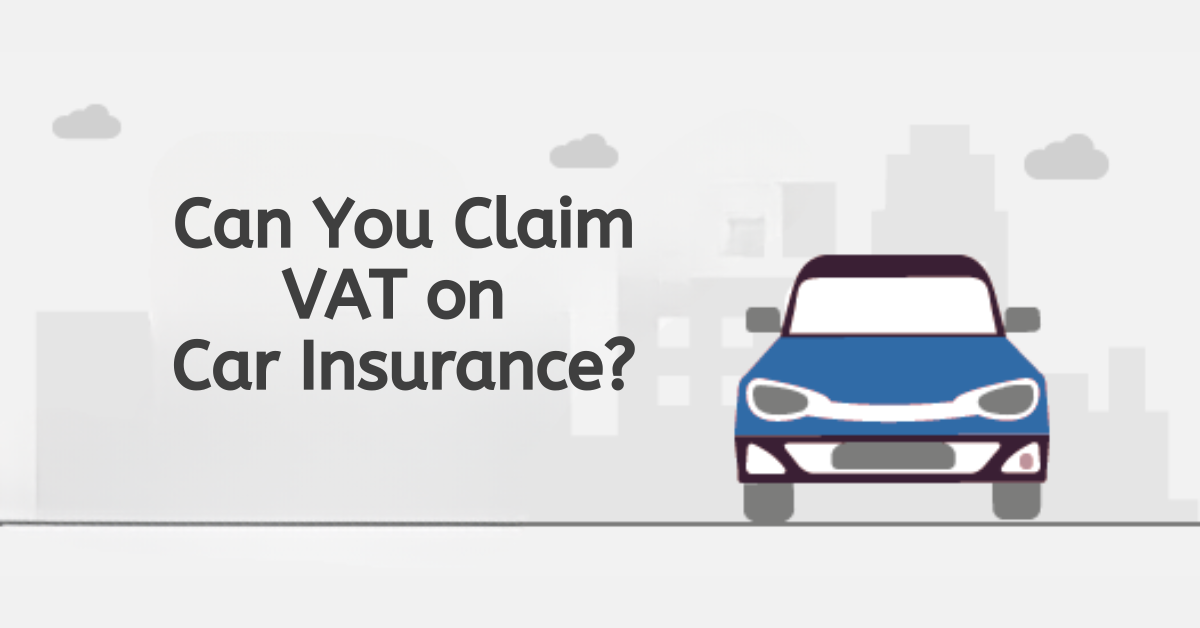For many businesses around South Africa, whether they meet the thresholds for mandatory VAT registration or have opted for voluntary registration to leverage the benefits of being VAT registered, filing VAT returns can be intimidating. It needn’t be, however! It’s simply another tax type to add to your regular tax declarations and will be filed through the same eFiling platform you already use. Today, we are looking at how to file VAT returns on eFiling in greater depth to help you.
How To File VAT Returns On eFiling
If you are conducting business in South Africa, you likely already use the SARS eFiling platform. If you are doing a new business registration, you are unlikely to be eligible for VAT until you meet the rolling 12-month taxable income thresholds. However, you can apply for this tax type in advance if you anticipate meeting them.
You can sign up for the wider SARS eFiling platform by heading to the eFiling front page. This has recently been revamped, and you can now click on the ‘register’ button to get started. If you already have an active eFiling profile, simply activate the VAT return type through your left-hand menu. You will need to provide your business information, including your taxable income amounts, and receive a unique VAT registration number from them before you can file, pay, and claim back VAT. Be aware that this number is not the same as your general income tax number.
When you are registered for VAT, you will also receive communication from SARS stating what VAT cycle you will be in. For most businesses, you will either be in Group A or B, which simply determines if you file your bi-monthly (as in every 2 months) statements in odd or even months. There are some simplified and streamlined 6-monthly or annual VAT statements for specific business types, however.
You will see the VAT 201 form type now open to you, which is what you will use to file your VAT returns on eFiling.
What Do I Need To File A VAT Return?
You will, of course, have to have completed your initial VAT enrollment and meet the required taxable income threshold for either voluntary (R50,000 in 12 months) or compulsory (R1,000,000 in 12 months) registration.
You should find that your VAT registration number, trading name, tax period, payment reference number (PRN), and diesel rates for the tax year are pre-populated on your VAT 201 form. You will need to apply to SARS to change these if you spot an error.
You will then enter your cumulative output tax (products you charged VAT on) and input tax (supplies you paid VAT on) for the period.
You can then submit the return to SARS through eFiling and will either have to pay in VAT or receive a VAT refund, depending on the outcome.
What Are The Requirements To File A VAT Return?
To submit a VAT return to SARS, you are required to be a VAT-registered vendor. This means that you have met the compulsory VAT registration threshold, currently set at R1,000,000 in taxable turnover in any 12-month period. Alternatively, you can choose to register for VAT once you pass R50,000 in taxable turnover in the same period.
Additionally, you will need to have applied for and received a separate VAT registration number with SARS. You can do this by activating the tax type on eFiling (through the ‘organization tax types’ option). Once you are registered for VAT, you can file VAT 201 forms or the VAT return on the schedule SARS indicates for you.
To accurately track your VAT expenditure and income through the period, you will need to keep meticulous records of your invoices and ensure you are displaying ex-VAT and VAT-inclusive amounts clearly. The qualifying invoices from your suppliers should likewise indicate these amounts. You will then submit a cumulative return for the specific VAT period you are filing and pay (or receive a refund) based on that cumulative amount.
What Happens If You File VAT Late?
While SARS does not currently have a VAT 201 specific penalty for submitting the form late, you will attract both penalty fees and a 10% penalty on any VAT amount due to SARS, which they do not receive timeously. These will also accrue interest. These will continue to accrue until you settle the amount due. VAT refunds for other periods will also not be processed to your account until your overall account is no longer in arrears, and all form submissions are completed.
Being a VAT-registered vendor in South Africa has many perks for doing business. Luckily, SARS has done its best to simplify filing VAT returns through the eFiling system, and the bulk of the work can be done easily online without the need to visit a SARS branch.
